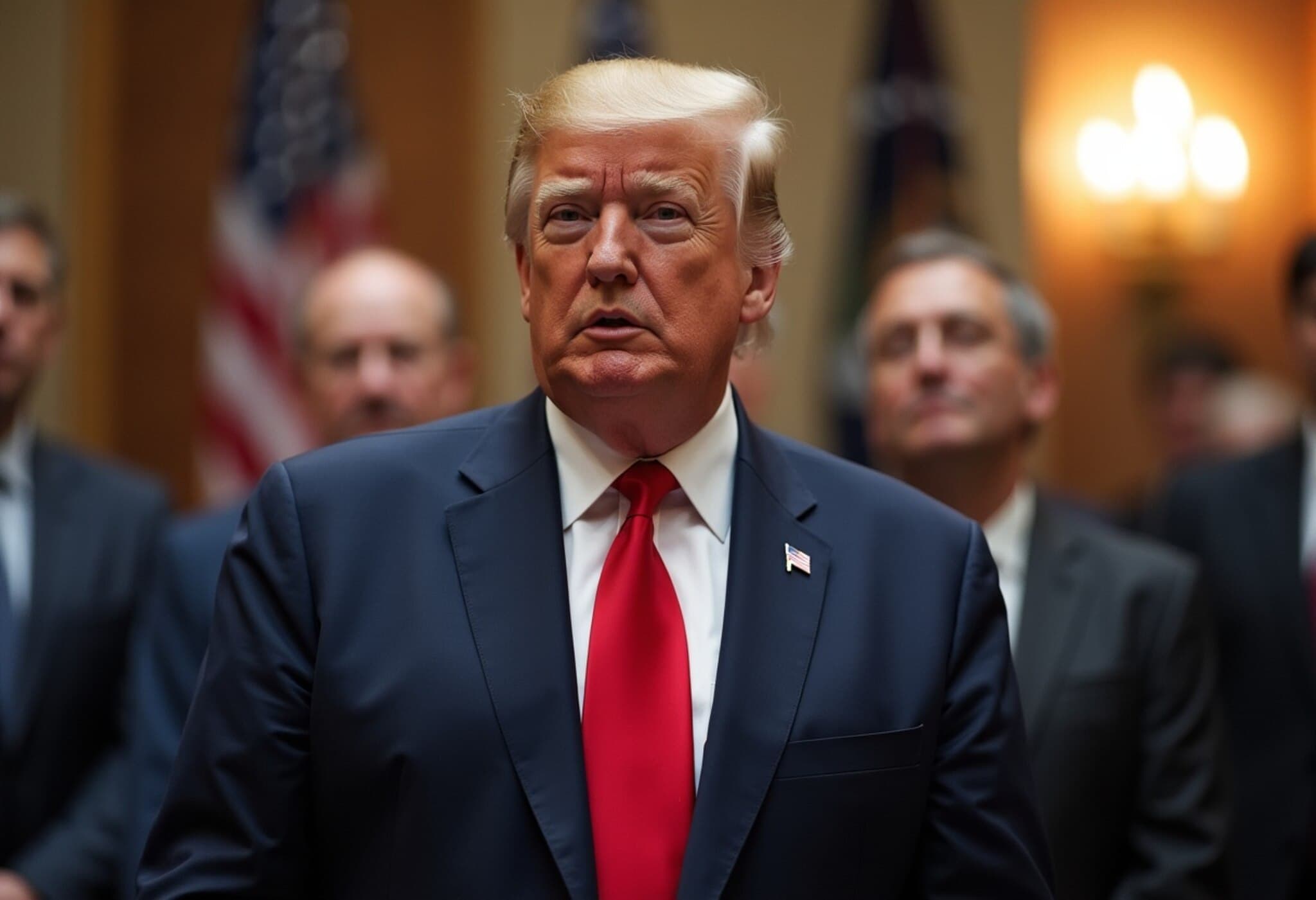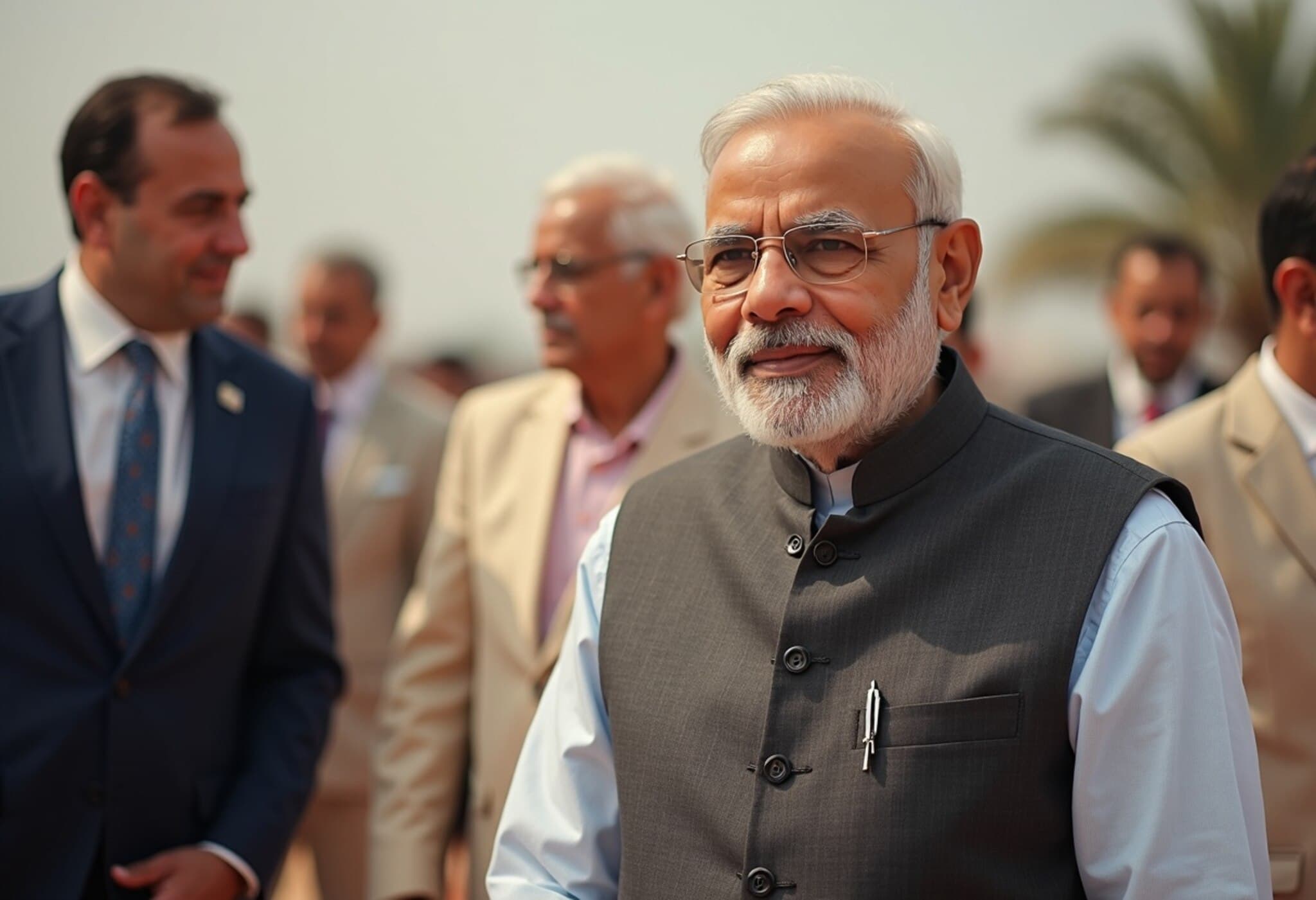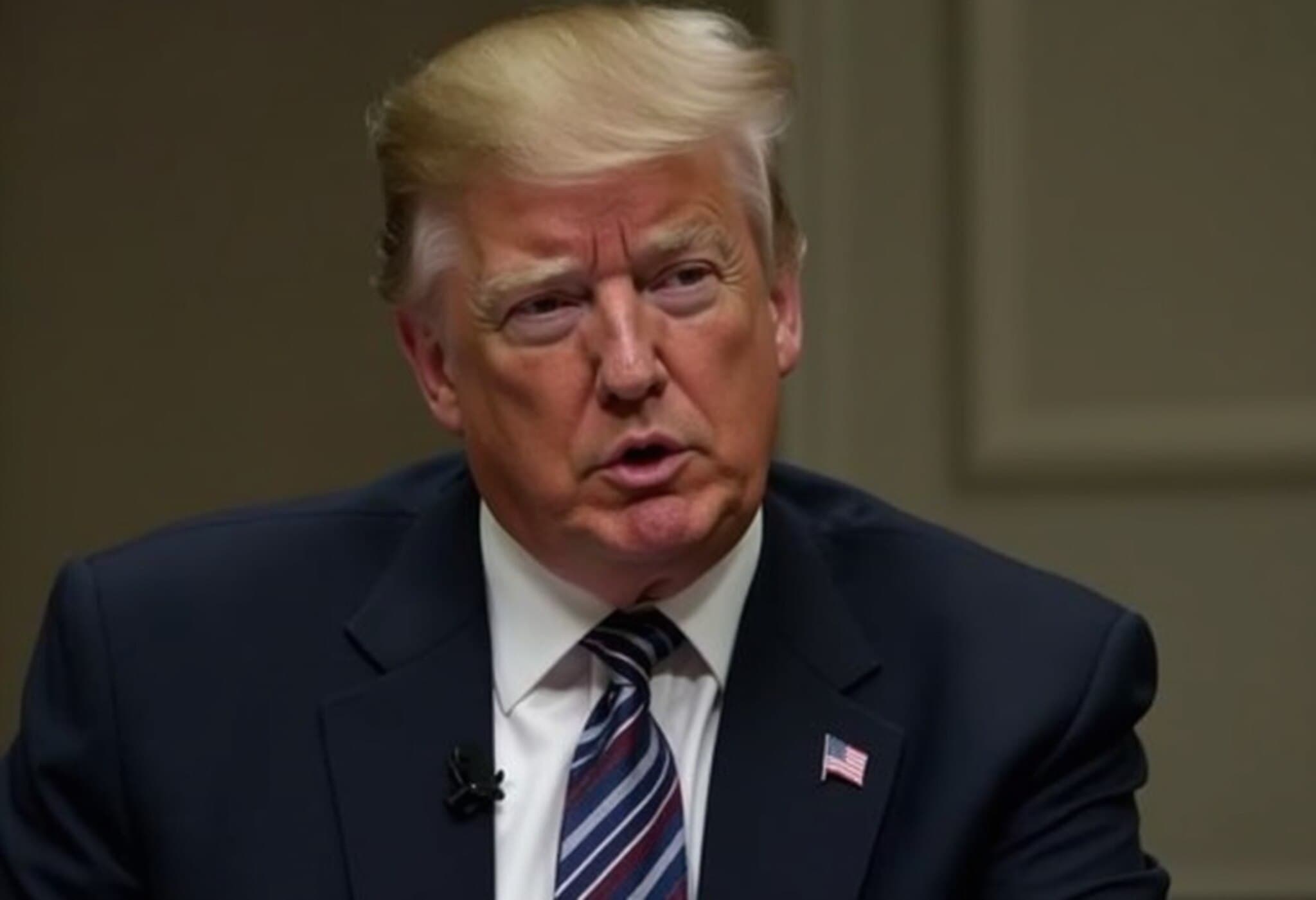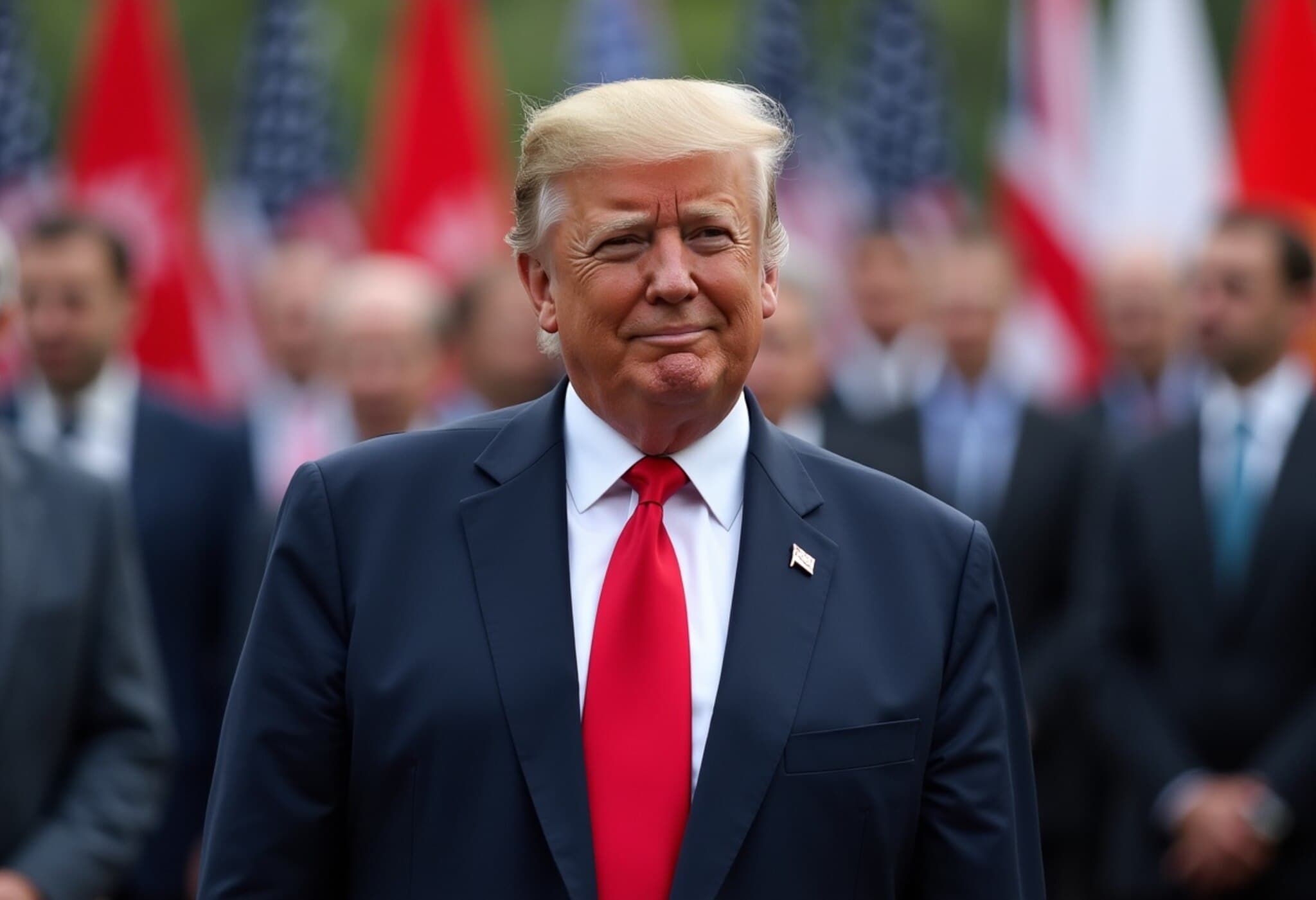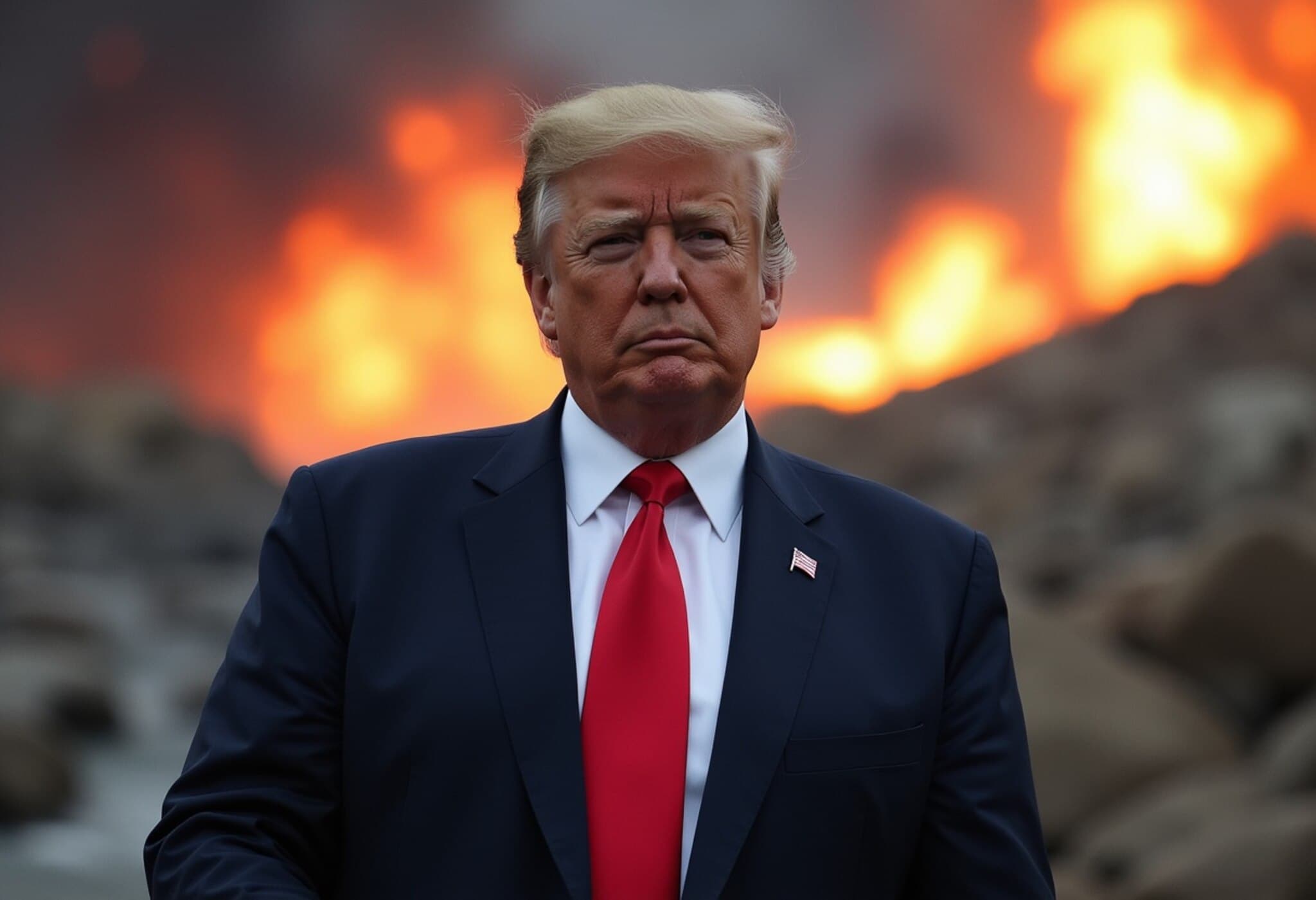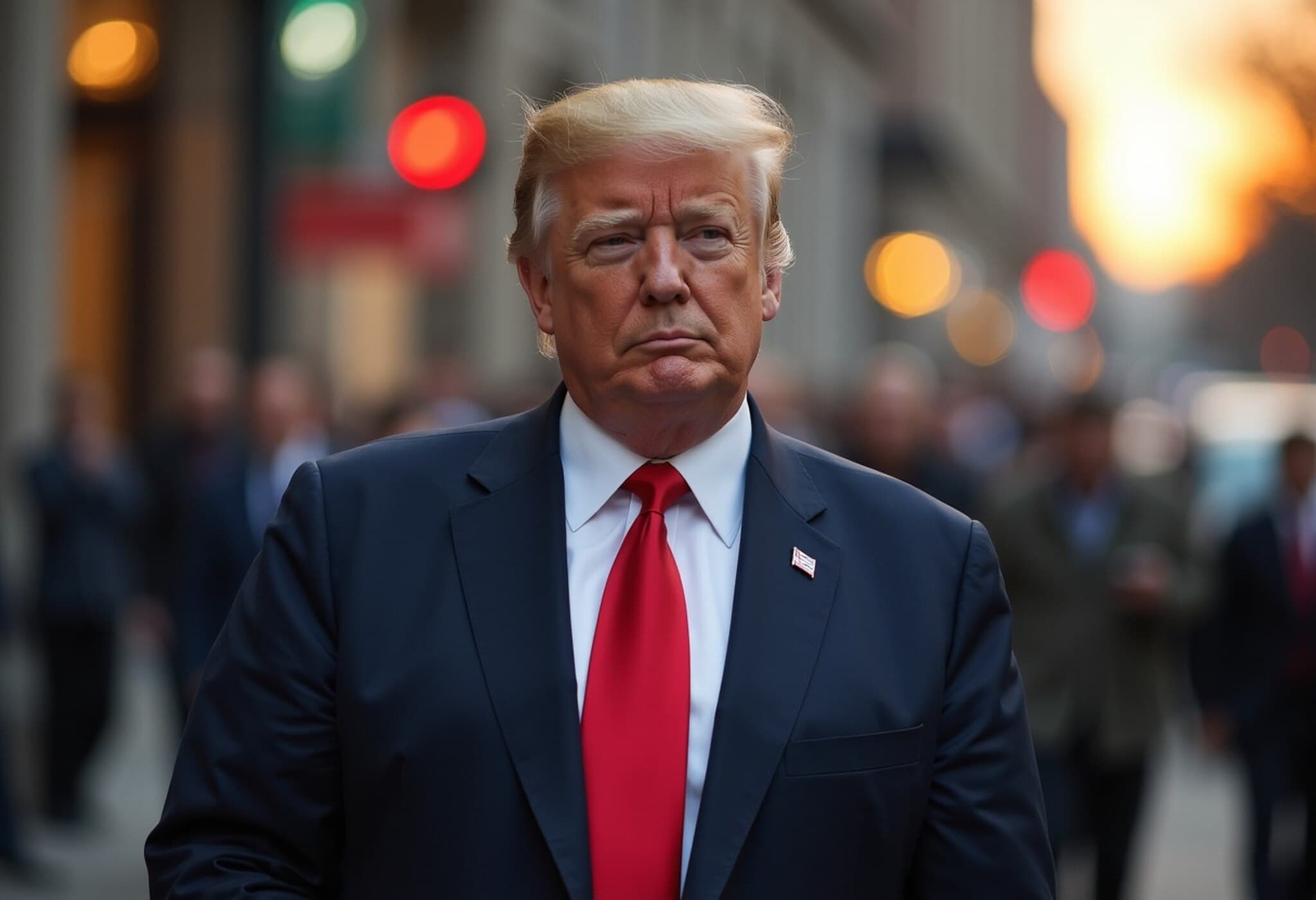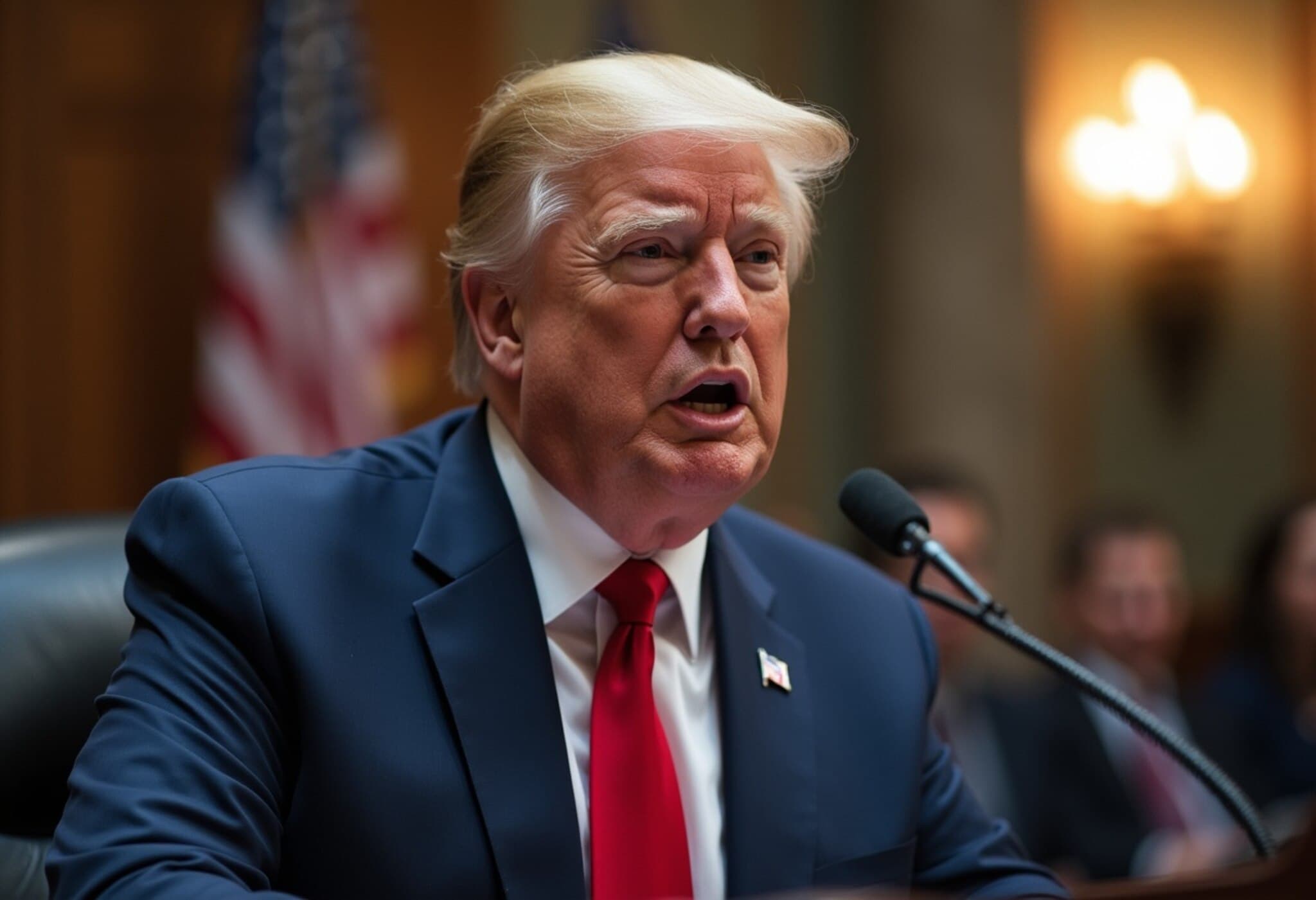Bipartisan Responses Emerge After US Strikes on Iranian Nuclear Facilities
President Donald Trump’s recent military strikes against Iranian nuclear sites have sparked a rare bipartisan debate in Washington. While many Republicans and pro-Israel Democrats applaud the decisive action, critics from both parties are raising serious constitutional questions about the president’s authority to launch such attacks without congressional approval.
Constitutional Concerns Take Center Stage
Following the White House announcement of successful strikes on three Iranian nuclear facilities, voices from Congress demanded clarity on the legal grounds for the president’s unilateral decision. Trump's critics argue that the Constitution requires congressional consent for using American military force in a conflict, cautioning against bypassing this vital check and balance.
Democratic Representative Ro Khanna of California stressed the urgency of Congressional oversight. He called for an immediate vote on a War Powers Resolution aimed at preventing future unilateral military actions. Khanna emphasized, "We need to immediately return to D.C. and vote on Rep. Thomas Massie’s and my War Powers Resolution to prevent America from being dragged into another endless Middle East war."
Republican Divisions on Military Intervention
Though most Republicans have publicly supported the strikes, dissenters within the party have voiced concerns about constitutional overreach. Representative Thomas Massie, a vocal critic of American involvement in Iran, described the bombing as unconstitutional and advocated for Congress to reclaim its war-declaring authority.
"This is not our war. But if it were, Congress must decide such matters according to our Constitution," Massie said on social media. He announced plans to introduce a bipartisan War Powers Resolution that would prohibit unauthorized military action in Iran.
Despite this, the majority of the Republican leadership, including Senate Majority Leader John Thune and House Speaker Mike Johnson, have publicly backed the president’s strike, signaling strong institutional support within the party.
Context of the Strikes and Regional Implications
The United States’ military operations followed a week-long Israel-led offensive aiming to cripple Iran’s air defenses, missile capabilities, and nuclear enrichment facilities. The strikes mark a significant escalation in the ongoing Iran-Israel conflict, with the U.S. directly entering the fray as a strategic partner of Israel.
As this debate unfolds, the question remains: how will Congress balance national security interests with constitutional mandates? The White House faces growing pressure to justify the legality of its actions while managing bipartisan scrutiny that challenges the limits of executive power.

